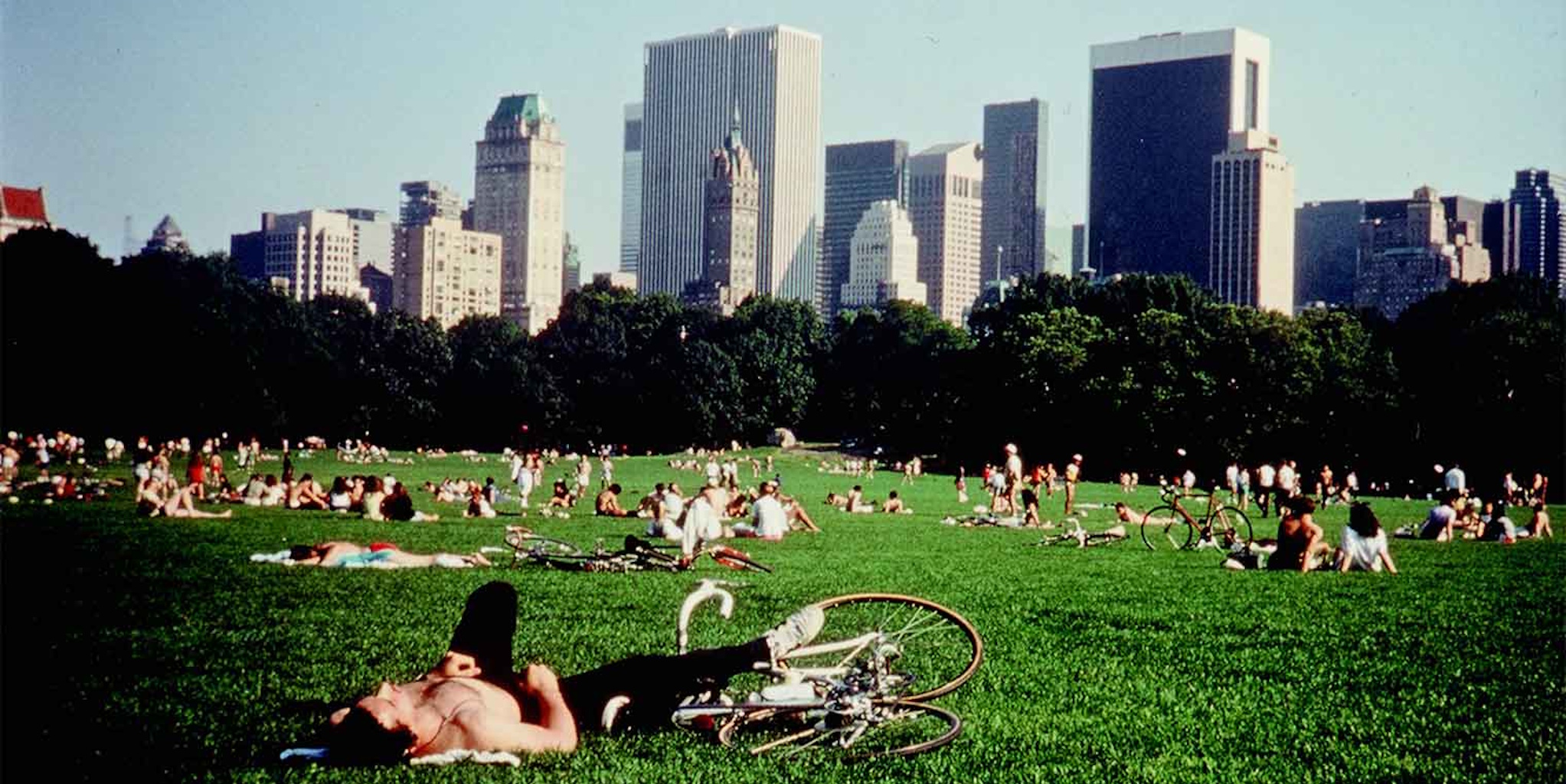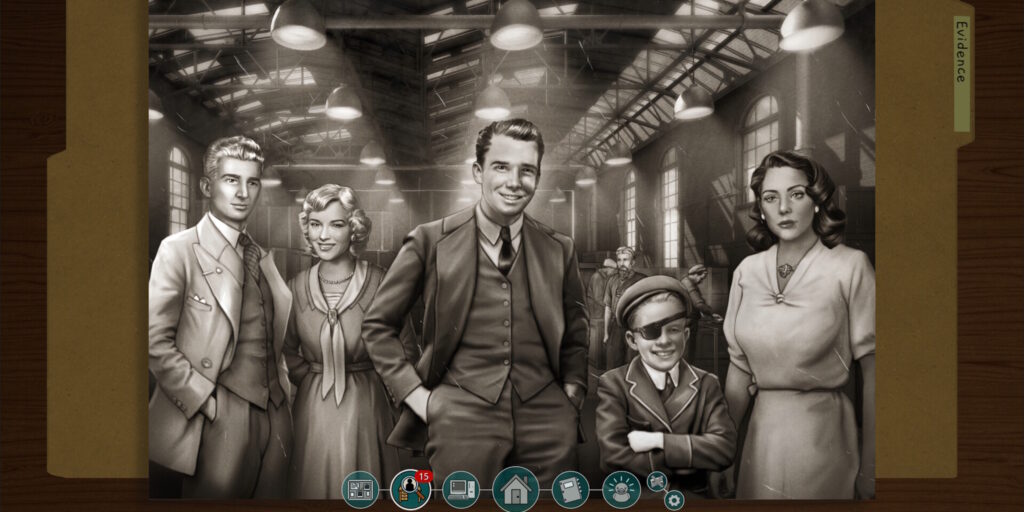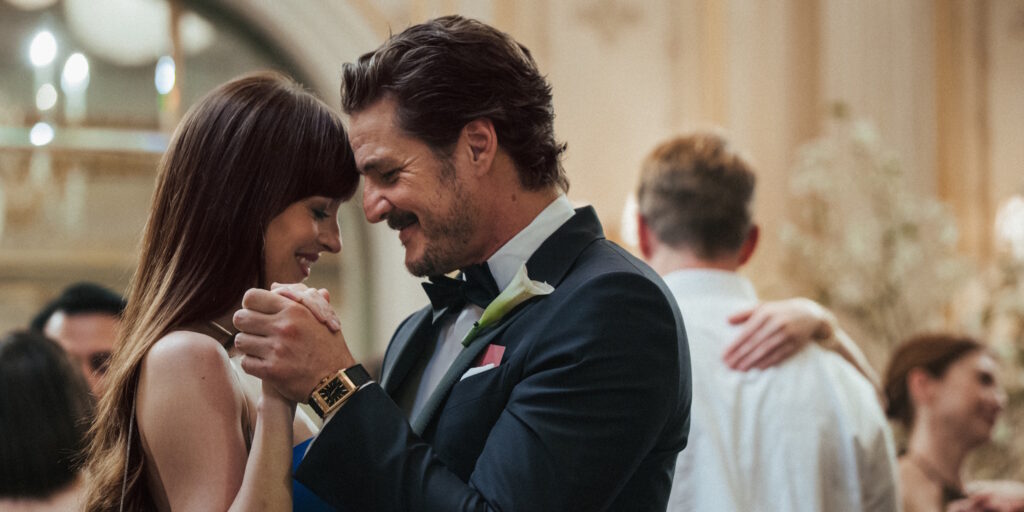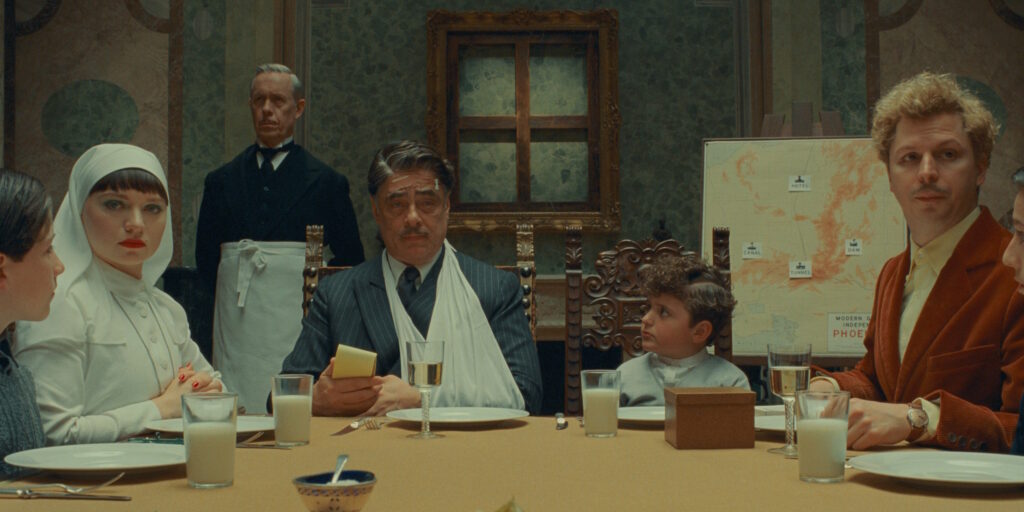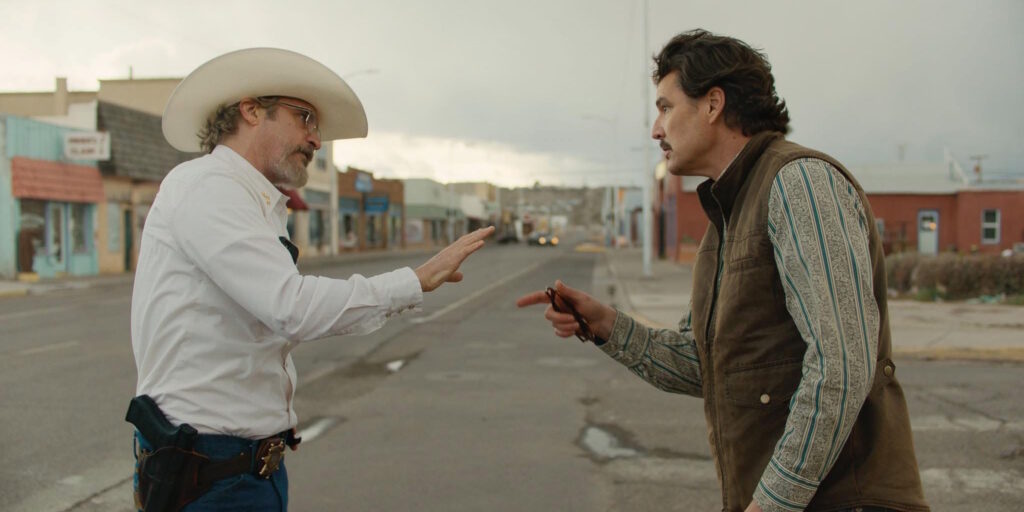From Feb. 6 – May 29, the Webster University Film Series
will feature a marathon retrospective on the works of legendary
American documentarian Frederick Wiseman. The Take-Up is co-sponsoring
this series, which editors Kayla McCulloch and Joshua Ray also assisted
in programming. This piece is one of several essays
from Kayla looking back at some the individual films featured in the
retrospective, situating them in the wider context of Wiseman’s
staggering filmography and his vital influence on the documentary form.
In between nitty-gritty deep dives into America’s most byzantine institutions and moving examinations of the human condition, Frederick Wiseman makes situational comedies. This is unsurprising, given that his sense of humor – always unforced, typically bone-dry, frequently gut-busting – has been a mainstay in his documentaries since his earliest days. High School (1968) even caught flak for its less-than-flattering depiction of its educator subjects, often made out to be the butt of the joke throughout the film. However, it wasn’t until the ’80s that Wiseman would truly make his first comedy: The Store (1983), a laugh-out-loud look at late capitalism. He’d return to comedic territory with Central Park (1989) and Aspen (1991), released one after the other, in the years that followed. Though plenty of humorous moments stand out in previous and subsequent releases, it’s these three titles that make for Wiseman’s funniest run. (Fitting, given their focus on facilitating good times … if not good people.)
The Store takes audiences to Neiman Marcus’s flagship store in Dallas, Texas, in the weeks between Thanksgiving and Christmas. A natural place to follow up his preceding film, Model (1981), Wiseman picks up right where he left off: Viewers saw what goes into an ad campaign and now see how it factors into the buying and selling of commercial products on the sales floor. Clothes, jewelry, shoes, accessories, passed from salesperson to shopper over opulent glass cases in exchange for their payment method of choice. Wiseman uses his first full-color documentary to make these transactions look as luxurious as possible, but with a healthy dose of irony: Close-ups of hands have a Brechtian effect, forcing the viewer to confront these interactions head-on. What’s really being sold here? An item or a way of life? (The Store’s holiday setting plays into this, too, calling attention to the way that commercial spaces become even more profit-oriented during a season of giving.)
Wandering away from the racks, Wiseman also takes the viewer behind the scenes. In addition to being an enormous department store, the Dallas location is also the Neiman Marcus brand’s HQ, after all. Sitting in on painfully earnest interviews for management positions, staff meetings given in hollow corporate doublespeak, and other cringeworthy executive-level goings-on, the camera captures the kind of stuff that has made workplace sitcoms such an enduring success on television. Modern context adds a rose-colored shade of nostalgia to the whole thing — Neiman Marcus permanently closed this ostensibly prodigious downtown Dallas location just last month after more than a century in operation — but make no mistake about Wiseman’s intent. Underneath the cheesiness of red-blooded Reagan-era retailing, there’s a stone-cold cynicism to the entire operation, a palpable spite. In light of the many conversations about lack of funding or tightening belts in his hundreds of hours in hospitals, schools, welfare offices, and other money-starved net positives in American society … how could there not be?
Central Park unfolds over the course of one “day” in Manhattan’s most important locale. As seen in numerous other Wiseman efforts – from High School (1968) to his most recent Menus-Plaisirs – Les Troisgros (2023) – clever editing creates the illusion of several scenes happening concurrently (though they could have been days or weeks apart). Arriving right after Near Death (1989), his deeply affecting and unflinchingly raw look at a Boston-area ICU, Central Park might sound like a palate cleanser, for both filmmaker and filmgoer. However, such a designation dismisses the impact of this 1990 doc. In truth, the film is just as much about selling an image as The Store or Aspen. These 800 acres – where people play sports, take walks, enjoy a picnic, observe nature, fall in love – are not contained within some national park in the American countryside. The titular park is smack-dab in the middle of New York City, the wealthiest and most densely populated urban area in the country, sandwiched by the ultra-wealthy Upper East and Upper West Sides. It’s illusive, and who better than Wiseman to point it out?
As in The Store, Central Park documents what goes on in public and in private to keep everything running smoothly. This is a place where people of a certain lifestyle come to relax, but there’s a lot that goes into keeping up that image: fundraising, conservation, regulations, development, maintenance, administration … all vital parts of the equation that is the U.S.’s most popular public space. Contrary to some of his more acerbic works, one doesn’t get the sense that Wiseman is criticizing his titular subject. Instead, he’s commenting on the very nature of human performance. With apartment dwellers on all sides, looking down reverse-panopticon-style, to enter Central Park is to consent to surveillance. First introducing the subject in Model (1980), Wiseman would go on to spend the ’90s, 2000s, and even part of the ’10s further exploring this idea of performing — Ballet (1995), La Comédie-Française ou l’Amour joué (1996), La Danse (2009), Crazy Horse (2011) — but what sets Central Park apart is the inconspicuousness of the artifice. Relaxing in front of others is a performative act, and, as evidenced by the removal of the homeless in one brief but pivotal scene, not everyone is welcome on the stage.
Aspen — released immediately after Central Park — heads up the Rocky Mountains to behold what is arguably Wiseman’s most laughable subject: the well-off enjoying an alpine getaway. Like the best episodes of any given Bravo series, watching rich people trying (and failing) to act normal outside of their bubbles is a ridiculous diversion, and the subjects are certainly deserving of derision. Also in the vein of a Housewives franchise, there’s very little time spent paying attention to the support staff — typical for an ignorant, high-class individual, but unusual for a Wiseman. His tight focus on the affluent lodgers and their inane activities (painting, attending seminars, going to church, and, of course, consuming some après-ski food and drink) is not, as some critics have put it, a rare case of the director revealing a personal blind spot. It’s just that, unlike his future city-state projects Belfast, Maine (1999) and Monrovia, Indiana (2018), Aspen isn’t attempting to shade in every part of the map.
As with The Store and Central Park, Wiseman is out to reveal the performativity of his subject. It’s clear from the very first scene, an elaborate and showy hot-air-balloon proposal that is quite literally over the top: This is what the nouveau riche believes a normal, everyday personality looks like. Although such contemptible elites certainly make appearances throughout The Store and Central Park, Aspen is all them, all the time. Rarely does the viewer so much as catch a glimpse of janitorial workers, resort employees, or any other members of the working class. This reflects the vacationers who don’t want to acknowledge, much less interact with, anyone who makes a fraction of their income (not even to say “thank you”). Swinging back and forth from a pragmatist to an idealist, Wiseman is never outright disrespectful, but — like a reality show’s camera crew and editing team working together to humble a conceited Bravolebrity — he gives his audience a wry wink that grants permission to laugh. “Look at these jerks, amirite? They know not what they do.” Yet, through Wiseman and the power of observation, maybe we can all learn to act better. Not only for ourselves but also for the greater good.
The Webster University Film Series’ Frederick Wiseman Retrospective runs from Feb. 6 – May 29. Each film screens for one night only: Central Park at 7 p.m. on May 8; and Aspen at 7 p.m. on May 15.
